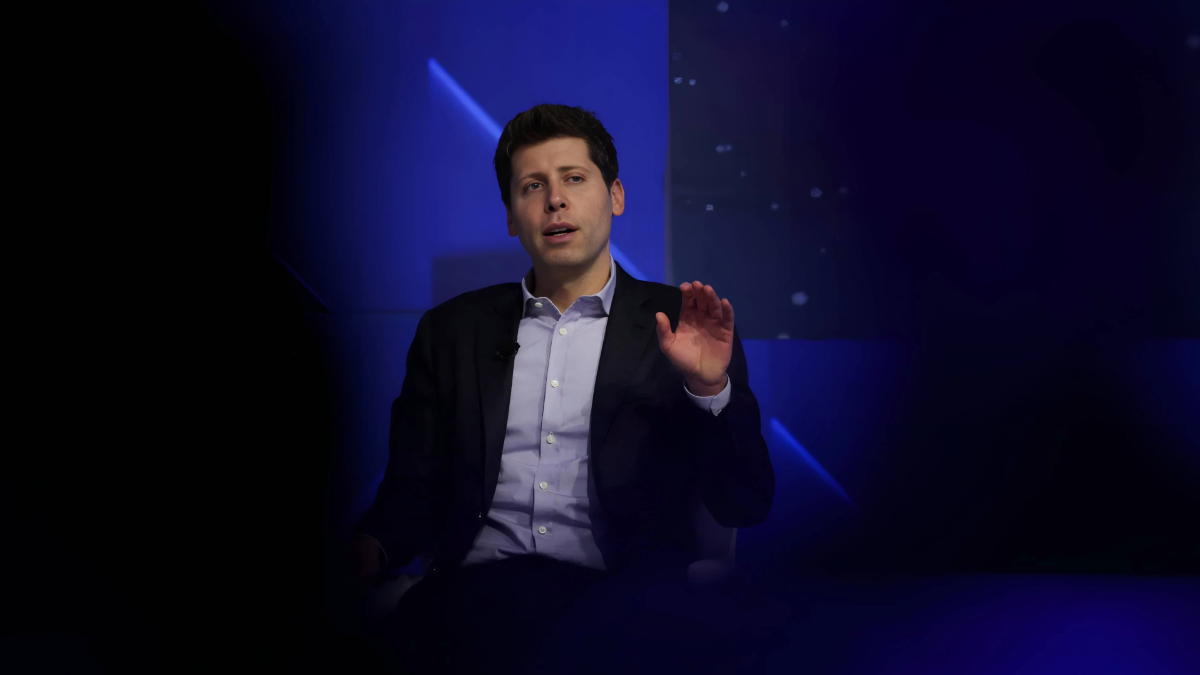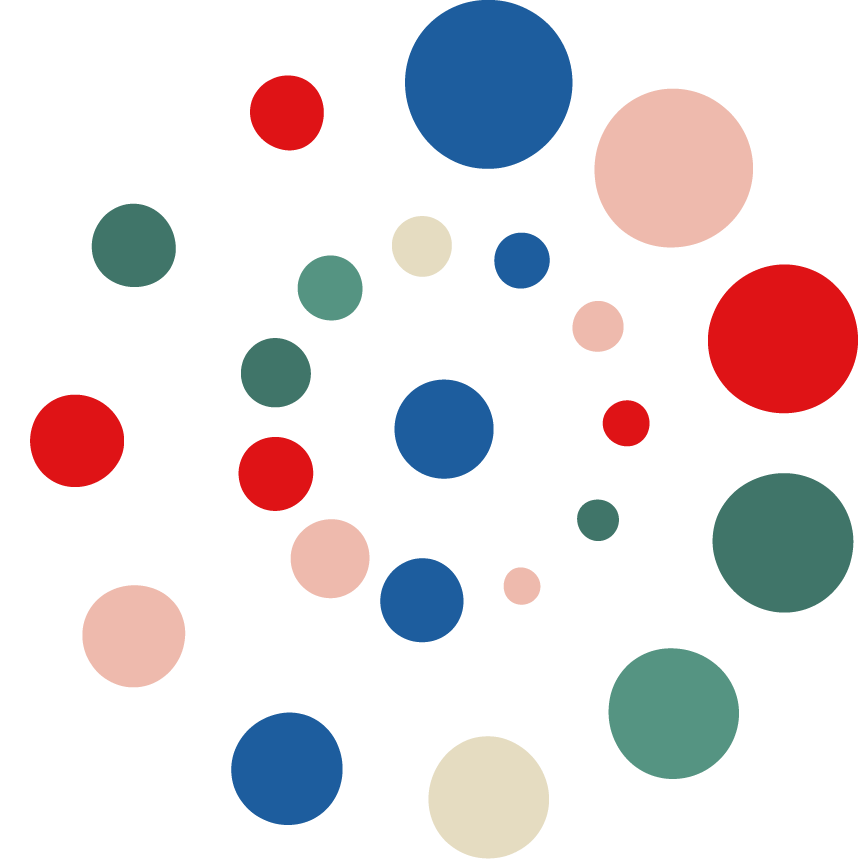Well, except that people will stop buying cars once they all are self driving. The car makers will be self-insuring in terms of liability. No-one will pay the premium to drive themselves anymore as the insurance will be so ungodly expensive. Once the pleasure of driving is taken away, everyone will just opt for an AI-Uber. The car makers will be selling to the taxi companies.
Ah but that can still increase the number of them on the road compared to the number of cars today. Make a driving system more efficient and more, not fewer people use it leading to more not fewer vehicles on the road at the same time. That’s the paradox. And we’ve seen it happen. He gives examples in the article. The most famous of which in the modern world is that widening the lanes of highways doesn't end up leading to better traffic flow, people just use the highways more (and indeed all roads more) leading to the same congestion that there was previously. The roads can support more people so more people choose to drive when they wouldn't have before. The other historical example was the primary driver for Jevons to coin his paradox. Even in the 19th century people were worried about the rate of coal usage, but many thought that more efficient coal engines would solve that problem. However to quote the article:
In his 1865 book
The Coal Question, the economist William Stanley Jevons explained why he disagreed. Jevons drew from then-recent history to show that steam engines’ efficiency had led people to deploy more of them. “Burning coal became an economically viable thing to do, so demand exploded,” said Kenneth Gillingham, a professor of environmental and energy economics at Yale. “You have steam engines everywhere, and people are using them instead of water power. You actually use a lot more coal than you did initially.” Despite the improvements in steam engine design, Jevons argued, total coal use would continue to rise.
Now truthfully there’s a bit of Malthusian logic behind this and we’ve also seen that in fact that there are limits to how far a system can be utilized. With regards to Malthus himself, population growth does not in fact always outstrip food supply* and in the modern world we could in theory feed everyone through our greater efficiencies in farming. Going back to AI taxis, there would not practically be more than 1 AI taxi per person that lives in a given area for instance (and in truth would be much less). Having said that, that's still more people using cars at any given time and indeed more cars total even in a place like Los Angeles which is heavily car favored already. In LA, the LA Metro alone has 200,000 people per day who use the rail mass transit (lots of others on buses). Now you have a system that is cheaper and can take you exactly where you want to go. Suddenly all those hundreds of thousands of people are taking AI taxis instead. On top of that, think about all the trips that simply aren't taken because "fuck that it's rush hour, I'm not driving", but now that becomes "ehh, it's a robo-taxi, who cares if it takes a little longer?". So while his thesis may have limits, his point holds that in the idealized case of very safe, highly efficient robo-taxis, the increased demand for their services can lead to an increase in traffic and you might not even get the expected decrease in carbon footprint depending on how much demand is induced. That's not even taking into account the needed energy to replace all the old vehicles with brand new AI ones. You can't simply take the current traffic patterns and say that with AI taxis you could have fewer taxis (or the same with better routing and certainly less CO2 if electric) serve that need than cars and voila less traffic/CO2. It's simply not that simple.
Of course all that assumes that the techno-optimists are right and AI taxis achieve the claimed state, that the transition to them is smooth, that work from home doesn't increase (for those it can, obviously many jobs cannot), and that locales don't place restrictions on their use or transition to mass transit mandating that such taxis are only used for so-called "last mile" trips. Basically he's taking the Elon Musk vision of the world and asking does that actually reduce traffic or even the total number of cars or even the carbon footprint and saying, "not necessarily" given our current societal structure and incentives. Historical precedent is such that induced demand increases the utilization of resources (energy/road space) right back to where you were before or potentially even greater utilization. Again, I feel that there are limits to this, but it is a point that needs to be taken into account when calculating the "savings" of a more efficient system, regardless of that system.
*in fact even historically starvation was rarely ever because the total amount of food was less than what the population needed to eat rather when the food supply dropped people hoarded the supply reducing the food available, which caused more people to hoard a more limited supply, etc … which then caused a huge percentage to go without.

www.tomshardware.com

www.tomshardware.com






